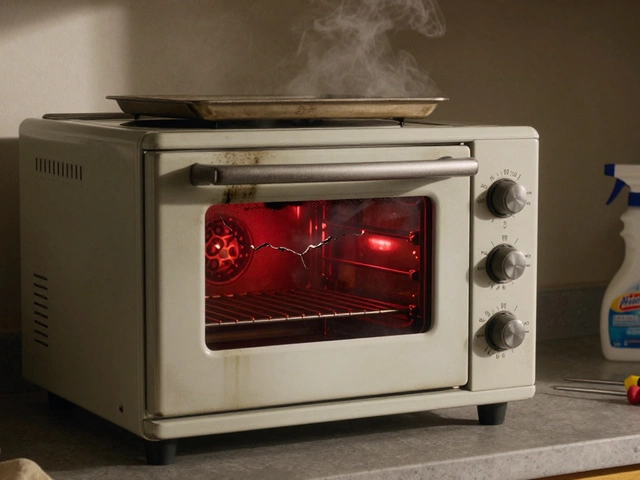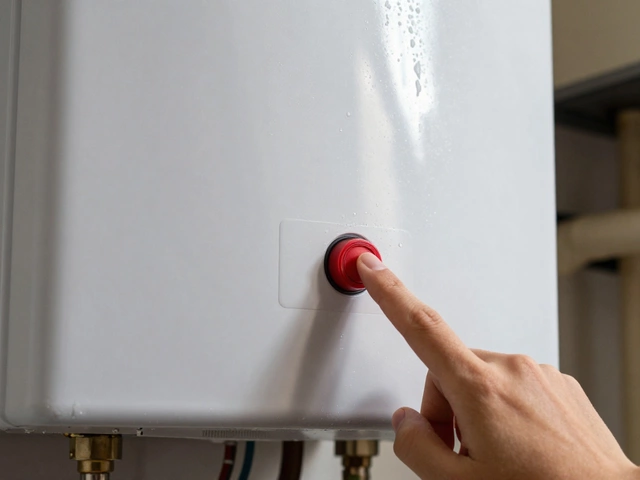Anode Rod Inspection: Keep Your Water Heater Healthy
When working with Anode Rod Inspection, a routine check of the metal rod that protects your water heater from rust. Also known as anode check, it helps you spot wear before the tank starts leaking. The process revolves around three core ideas: the water heater, the appliance that stores and heats domestic hot water, the sacrificial anode, a zinc‑aluminum rod that corrodes in place of the tank, and the unwanted corrosion, the chemical breakdown of metal caused by water and oxygen. In plain terms, the anode rod gives up its metal first, so the steel tank stays intact. Anode rod inspection therefore means you’re buying extra time for your heater and saving on costly replacements.
Why It Matters
Think of your water heater as a metal can that holds hot water day after day. If the sacrificial anode is ignored, corrosion eats straight through the tank walls. The rate of that corrosion directly influences how often you need to do an anode rod inspection. A new anode can last three to five years, but in hard‑water areas it may need checking every year. The relationship is simple: more aggressive water = faster anode wear = sooner inspection. That’s why many technicians say, "Check the anode before you see a leak." The inspection itself is quick—turn off power or gas, relieve pressure, unscrew the anode cap, and pull the rod out. You’ll look for a shiny, uniform surface; a lot of white, pitted, or heavily eroded metal means it’s time to replace. Knowing these signs lets you avoid the surprise of a flooded basement and extends the tank lifespan.
Beyond spotting wear, the inspection gives you a chance to clean any mineral build‑up that can hide behind the anode. A simple brush and vinegar soak can restore flow and improve heating efficiency. If you do need a new rod, pick one that matches the heater’s make—most are standard ¼‑inch threads, but size matters for a proper seal. Finally, set a reminder on your phone or calendar. The next part of this page lists step‑by‑step guides, cost breakdowns, and troubleshooting tips that walk you through every stage, from identifying a failing anode to safely installing a fresh one. Dive in and you’ll have the confidence to keep your hot‑water system running smoothly for years to come.
Learn the essentials of water heater maintenance to keep your system running safely, efficiently, and longer. Get practical tips on flushing the tank, checking parts, and spotting problems before they get serious. This guide breaks down each step in plain language, making it easy for homeowners to take action. Discover how a little upkeep goes a long way. Cut down on repair bills and cold showers with these expert insights.


